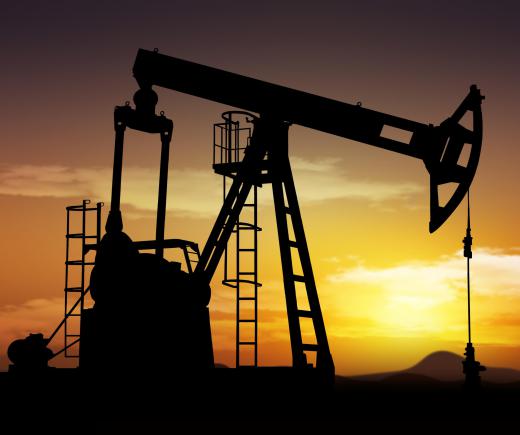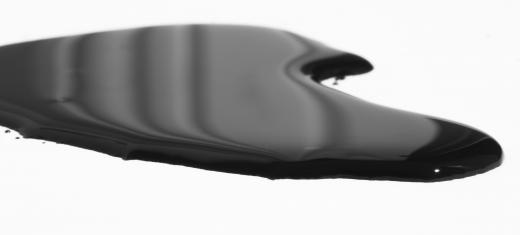An oil well fire is a fire at the site of an oil or gas well. With ample supplies of fuel that renew themselves under pressure, the fire can burn hot and fierce for an extended period of time. Approaches to the management of oil well fires depend on the fire, the location, and the characteristics of the well. Fire crews need to get the fire under control for safety reasons and to prevent pollution, as controlled burns of crude oil can generate substantial environmental hazards, including poly aromatic hydrocarbons and dioxins.
There can be a number of causes for an oil well fire. Sometimes a natural event like lightning is the trigger, while in others, malfunctioning or improperly maintained equipment causes a fire. In wartime, combat may create oil well fires when oilfields are struck by accident, and sometimes militaries set fire to oil wells to prevent the other side from accessing them, or to create hazards they will need to clear before proceeding. This was seen in Iraq in 1991 during the Gulf War.

The oil well fire can burn very hot and may also burn deep inside the well, where fire crews cannot reach. Management of the fire usually involves clearing out materials around the well and trying to direct the spilling oil or gas straight up, because a pillar of flame will be easier to attack than a smoldering underground fire or a burning oil spill on the ground. It can take hours or days to clear out the area around the well and redirect the direction of the spill.

Chemicals are available for oil well fire situations. These can suppress oxygen in the air to stop the fire from burning. Putting a halt to the available fuel is harder, as the well will continue to gush out of control until personnel can cap it, and this is difficult when it is on fire. Sometimes it is possible to remove the well head, install an extension device, and then flood the device with inert gas or mud to stop the spill. Another option is the use of relief wells to draw fuel away from the burning well, or to use as an introduction point for heavy muds to stop the leak.
Oil companies maintain specially trained fire crews to handle fires, and there are also private firms that offer oil well firefighting services. Training involves learning about how oil wells work and how to deal with different well types, as well as understanding the environmental and human health risks associated with an oil well fire.
Ever since she began contributing to the site several years ago, Mary has embraced the exciting challenge of being a About Mechanics researcher and writer. Mary has a liberal arts degree from Goddard College and spends her free time reading, cooking, and exploring the great outdoors.

